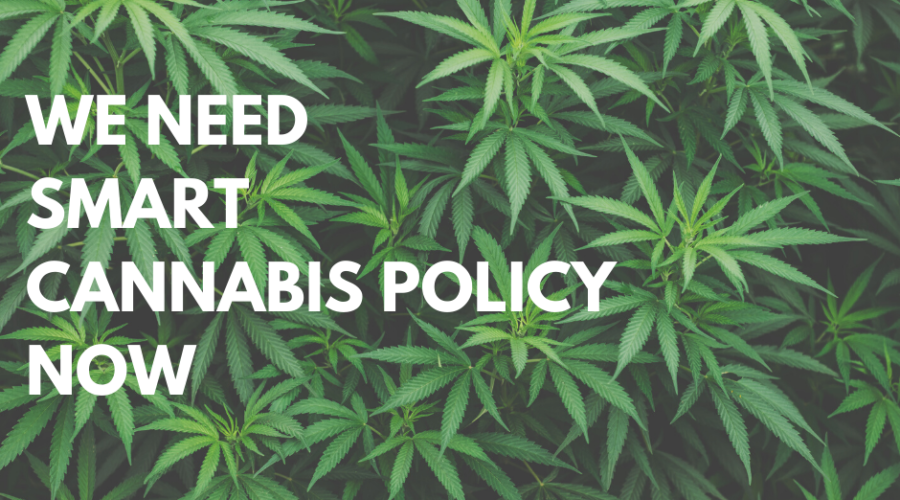The CCC welcomes Lord Wharton and Alexander Kvitashvili as Advisers
The Consumer Choice Center (CCC), the global consumer advocacy group, has announced the appointment of the Right Honourable Lord Wharton of Yarm as Strategic Adviser and of Alexander Kvitashvili as Public Health Adviser.
Lord Wharton took his seat in the House of Lords in September 2020. In 2021, he was appointed the chair of the Office of Students (OfS). Prior to that, Lord Wharton served as Boris Johnson’s Campaign Manager in a Conservative leadership race in 2019 and as Parliamentary Under-Secretary of State at the Department for International Development from July 2015 to June 2017. He was elected a Conservative Member of Parliament for Stockton South in 2010 and served two terms.
Commenting on his appointment, Lord Wharton said:
“I’m extremely excited to be joining the Consumer Choice Center as Strategic Adviser. The CCC’s work in free trade, lifestyle, innovation, and agriculture is outstanding and timely. Evidence-based policies of which the CCC is a passionate advocate have helped improve consumers’ lives in the UK and globally. I look forward to working with the CCC on raising the voice of consumers in the policy process.”
Alexander Kvitashvili is an independent consultant at the World Health Organisation (WHO). He served as the 19th Minister of Healthcare of Ukraine from 2014 to 2016. Kvitashvili also served as Minister of Health of Georgia from 2008 to 2010. Kvitashvili was also the rector of Tbilisi State University (TSU) from 2010 to 2013.
Commenting on his appointment, Alexander Kvitashvili said:
“I am extremely delighted to be joining the CCC’s as a Public Health Adviser. I have been following the work of the CCC since their start, and I am astounded by its achievements. The public health discourse is often riddled with dogma and one-sided views, and the CCC is truly a one-of-its-kind group. The CCC brings brilliant expertise, global perspective, and dedication to preserving consumer choice. I look forward to advising the CCC on public health matters.”
Commenting on the appointments, Fred Roeder, the Managing Director of the CCC said:
“I’m thrilled to welcome Lord Wharton as our new Strategic Adviser and Alexander Kvitashvili as our Public Health Adviser. As the CCC continues to expand, Lord Wharton’s exceptional knowledge of the UK’s domestic scene will be instrumental in helping us elevate the voice of consumers. Alexander’s valuable public health insights will be critical in taking our work to the next level. I am confident that with Lord Wharton and Alexander Kvitashvili onboard, the CCC’s impact will blossom.”





